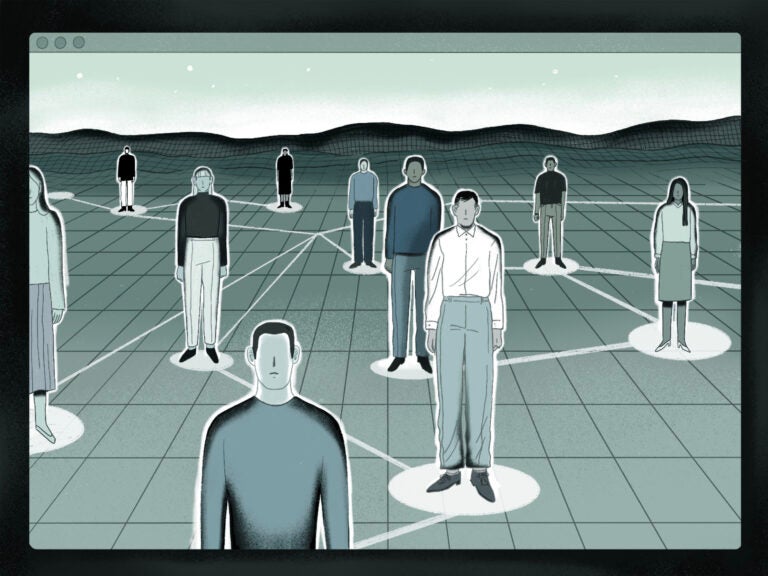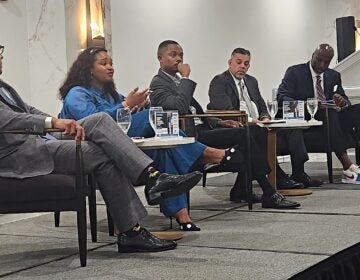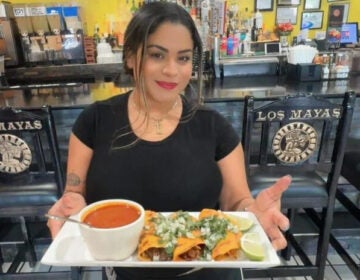Multilevel marketing & pyramid schemes
Is there a difference? Millions of people participate in direct-sales companies, recruiting friends and families to sell products, with the ultimate promise of hope.
Listen 49:00
(Kim Ryu for NPR)
The pandemic created a new pool of recruits for direct-sales companies – from the newly unemployed, to stay-at-home moms and young people looking for alternative ways to earn income. But multilevel marketing corporations like LuLaRoe, Herbalife and Younique, referred to by some as ‘pyramid schemes’, are under fire for taking advantage of people by selling a dream that’s too good to be true. What began as at-home parties where women sold cosmetics and weight loss supplements exploded into a social media phenomenon – a community of people supposedly experiencing financial freedom by selling products to their friends. This hour, we’re joined by WILLIAM KEEP, marketing professor at The College of New Jersey, to discuss the ethics of multilevel marketing and the dozens of lawsuits facing these companies across the US and HANNAH MARTIN, an anti-multilevel marketing investigative writer and founder of Talented Ladies Club. We’re also joined by JOSIE NAIKOI, who made it to the top 1% of earners at a direct-sales fitness & nutrition company and left after discovering what she calls a cult-like and toxic industry.
WHYY is your source for fact-based, in-depth journalism and information. As a nonprofit organization, we rely on financial support from readers like you. Please give today.





